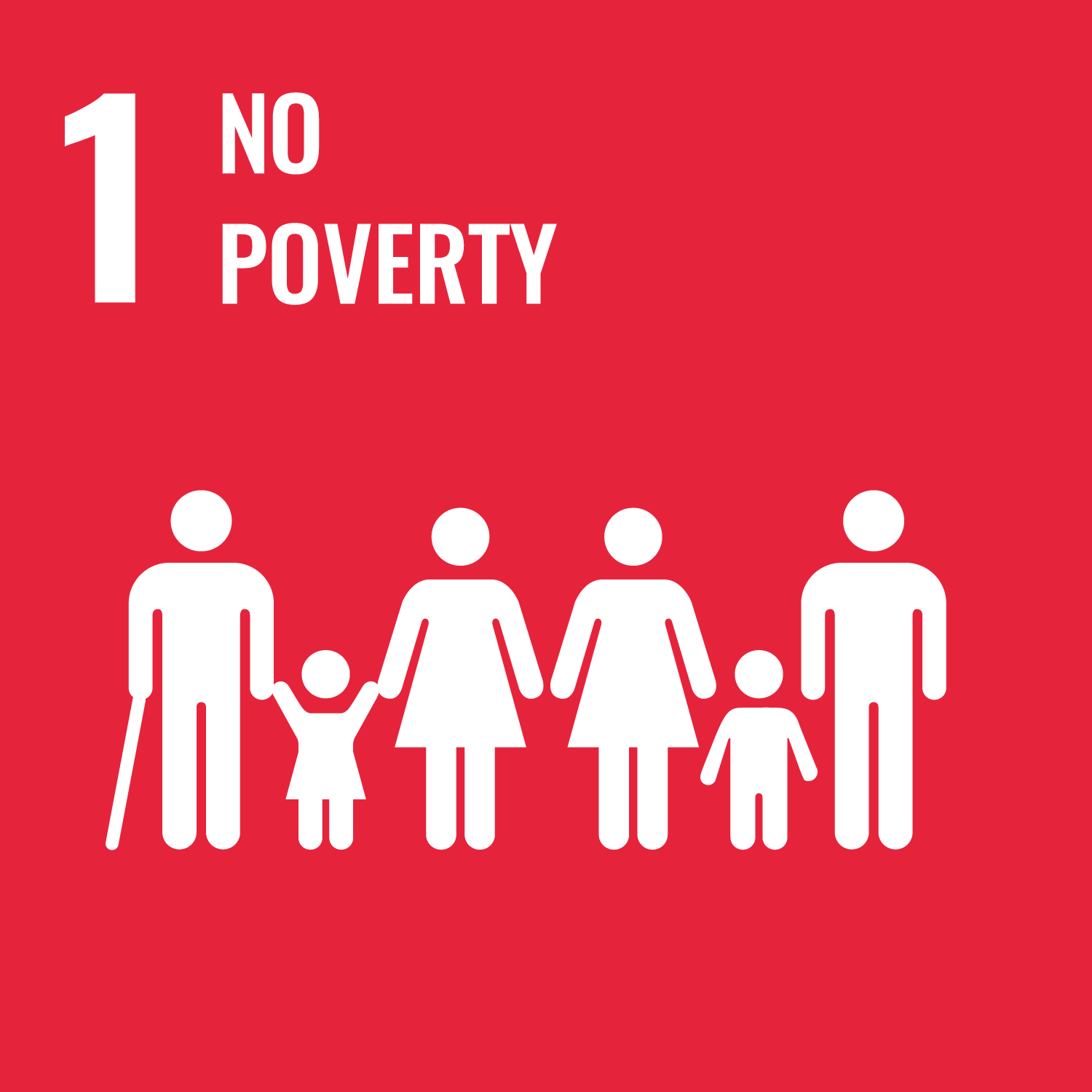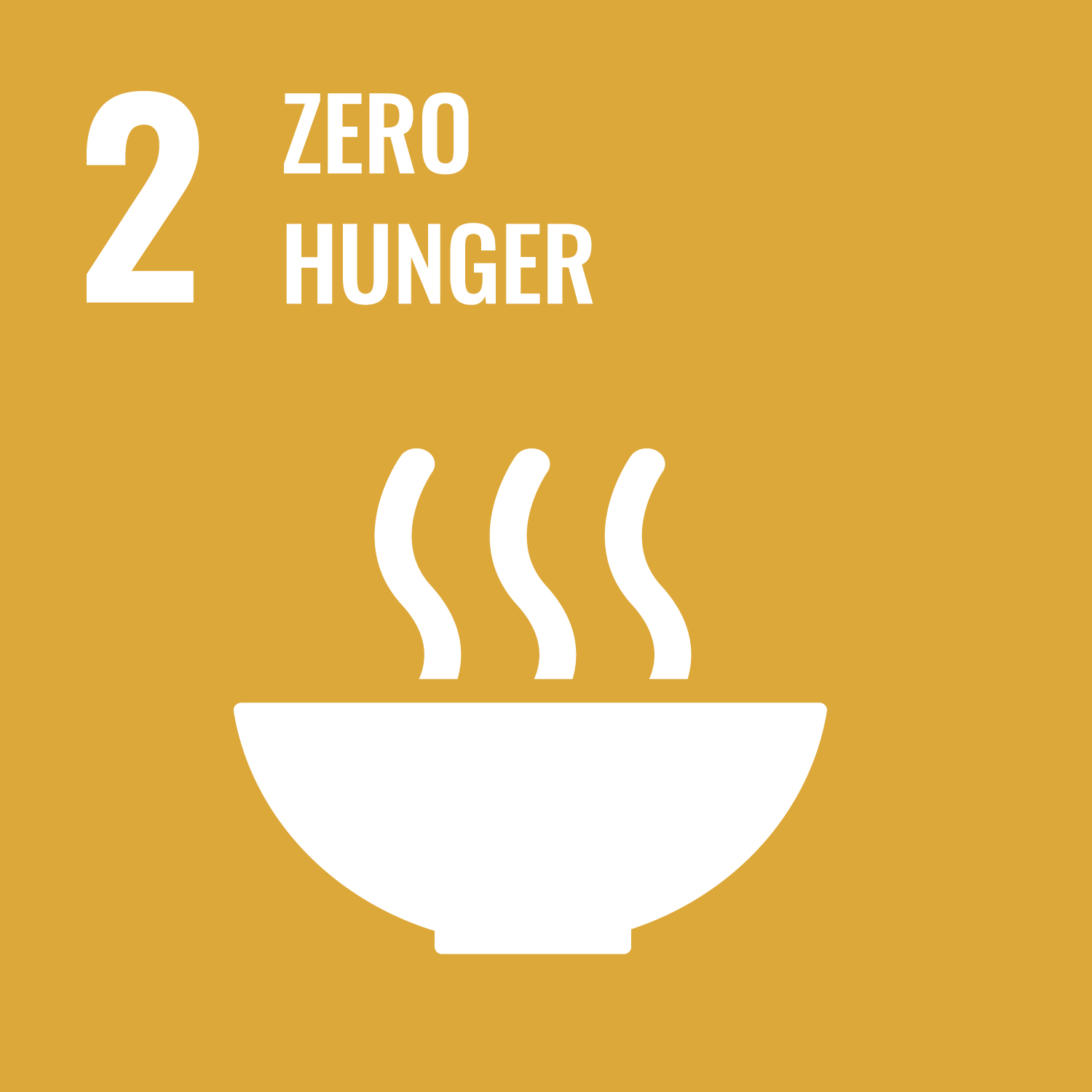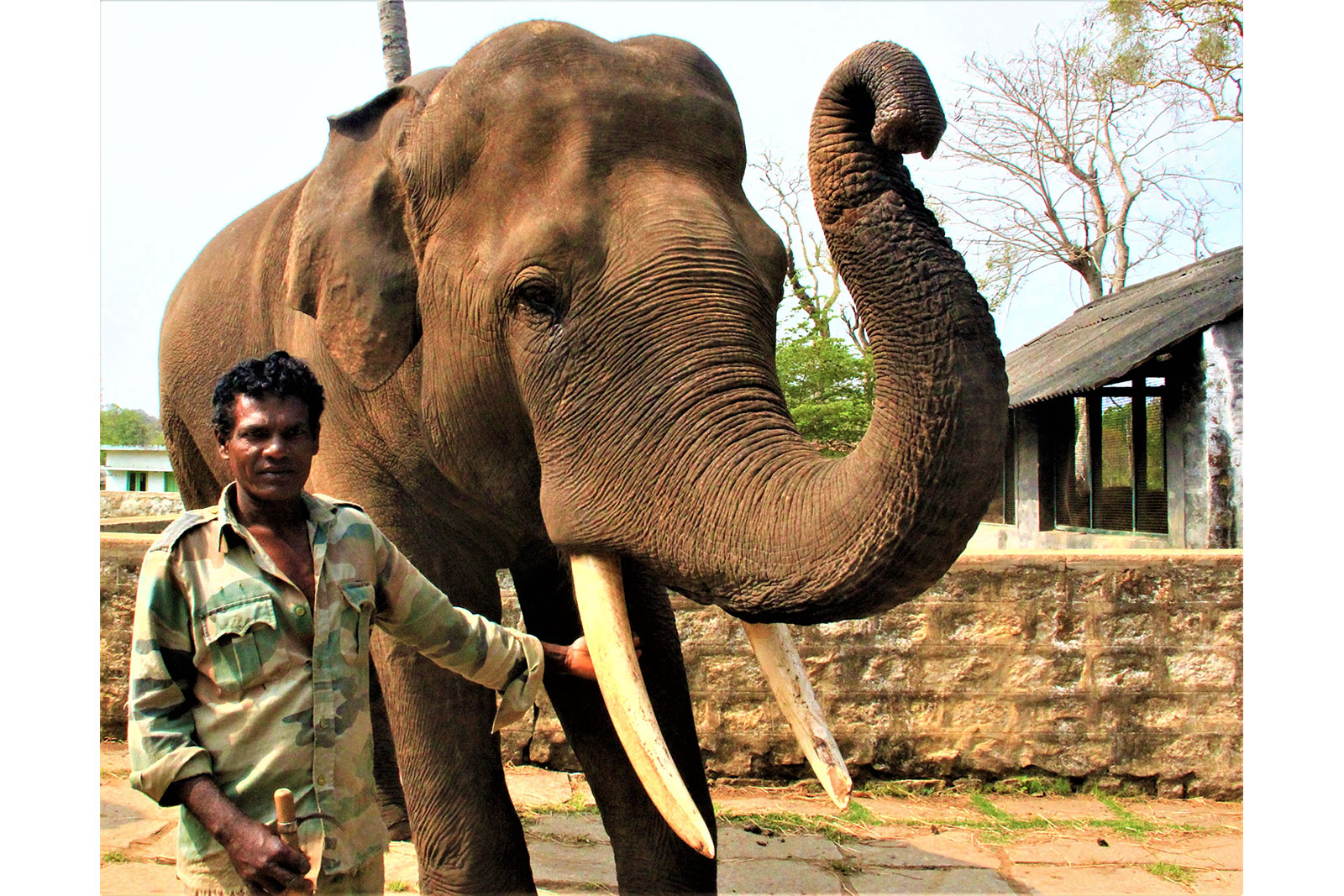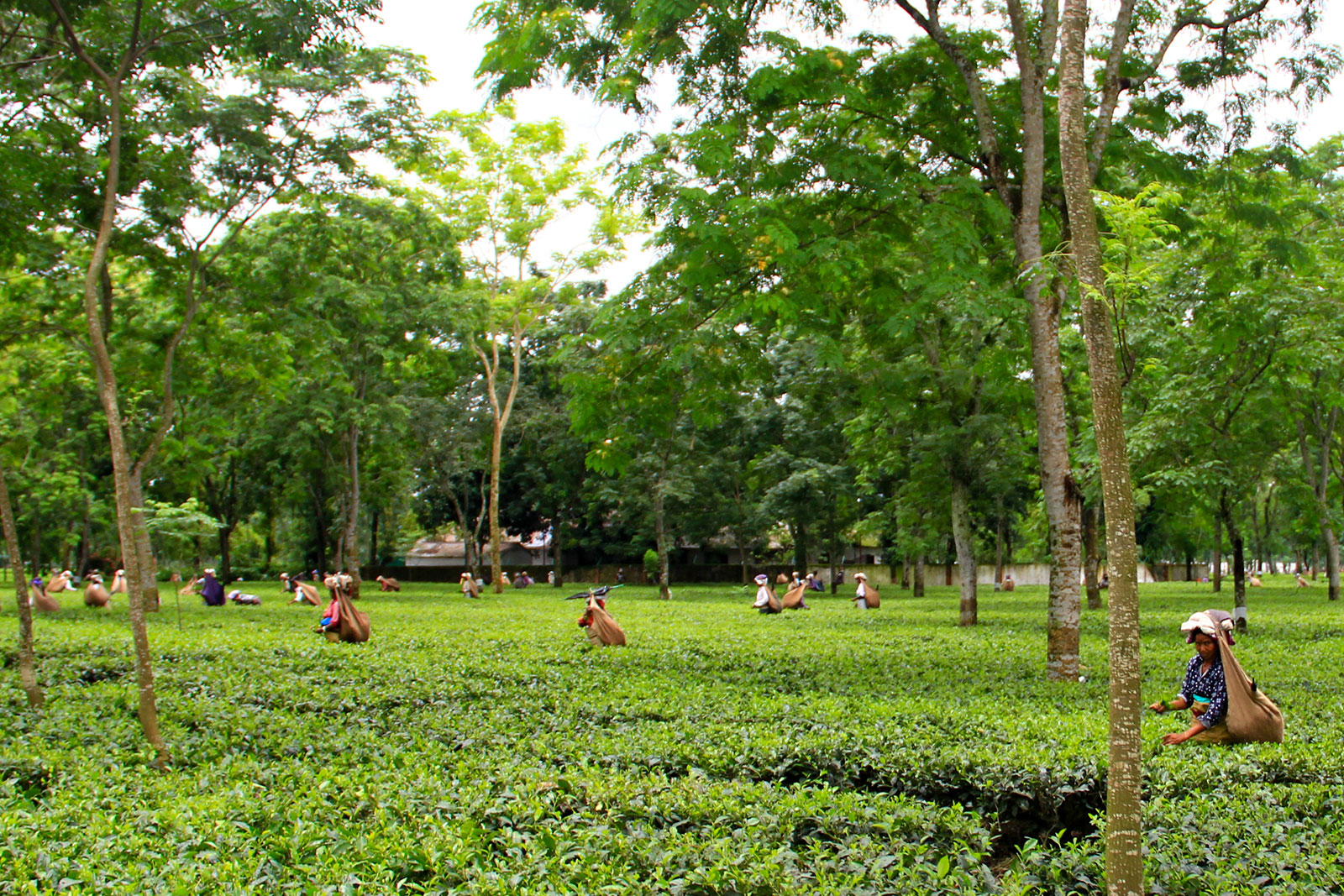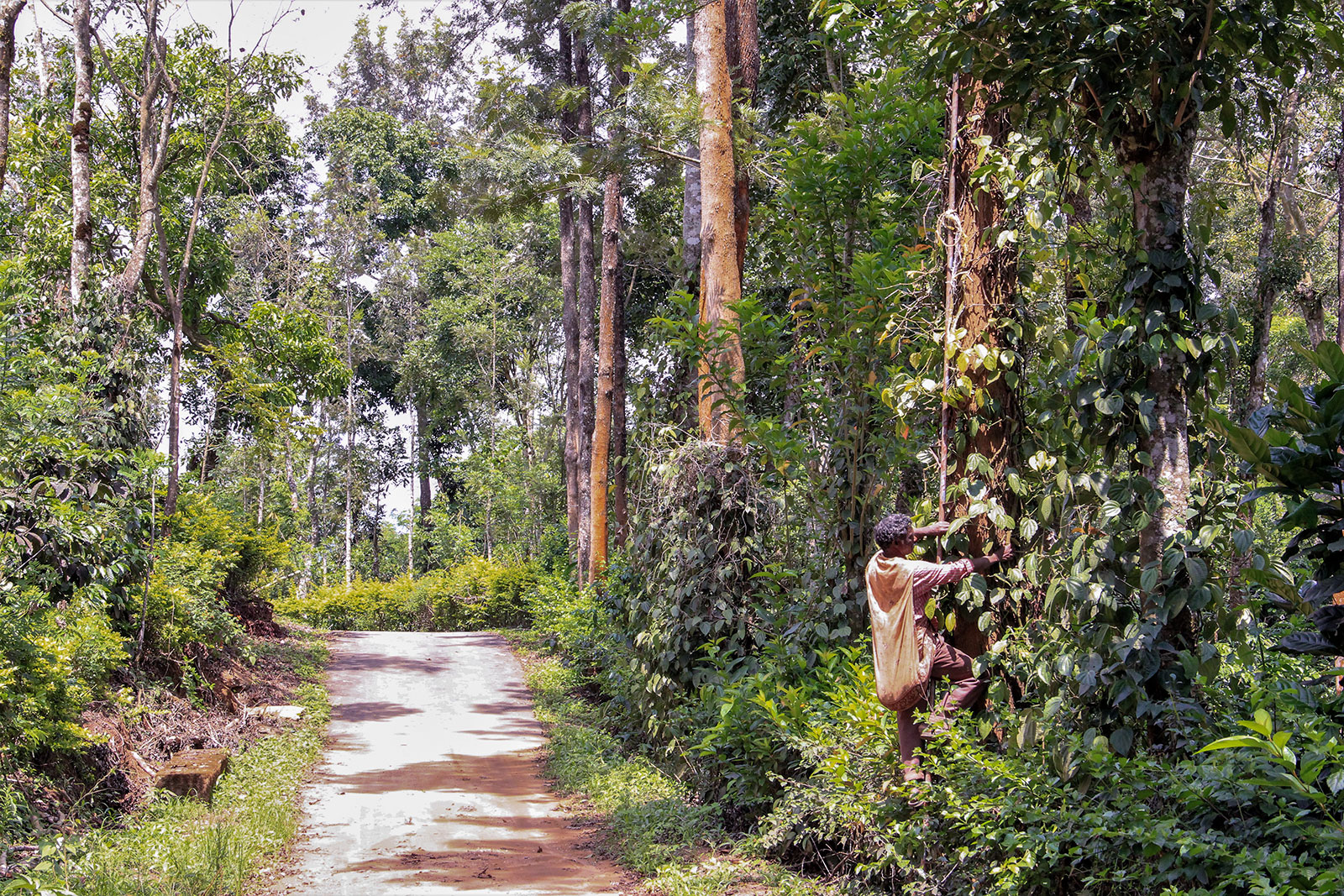Conservation of Biodiversity – Mitigating Human-Wildlife-Conflicts
OBJECTIVES
The project focuses on three output areas to achieve these objectives:
- Development of a strategy and action plan to reduce human-wildlife conflict at a national level and in selected states.
- Pilot application of a holistic approach and instruments to mitigate human-wildlife conflicts at the three pilot sites.
- Facilitation of capacity development for key stakeholders to mitigate human-wildlife conflict in India.
DESCRIPTION
Conservation of biodiversity—including wildlife—is essential for India because the consequences of biodiversity loss and the resulting loss of ecosystem services will have a far-reaching impact on livelihoods. In addition, it will affect the overall well-being of human communities, as well as their cultural heritage where coexistence is the natural way of living.
The situation in India, however, is changing with increasing human population and subsequent demand for natural resources. This is leading to degradation and fragmentation of natural habitats thus, creating a situation where humans and wildlife are competing for the same resources. This shift from ‘coexistence’ to ‘conflict’ has the potential to undermine the existing and future conservation efforts and also hinder achievement of both Sustainable Development Goals (SDGs) and Biodiversity Targets. Mitigation of human-wildlife conflict is thus emerging as one of the key issues of concern. It is crucial to address this issue holistically and to co-create mitigation solutions by engaging all relevant stakeholders.
The Human-Wildlife Conflict Mitigation (HWC) project aims at providing technical support at the national level, and effective implementation of HWC mitigation measures in selected states. The main objective of the project is that the rural population in project areas, where agreed guidelines and tools are applied to mitigate human-wildlife conflict, is better protected against it.
APPROACH/FIELD OF INTERVENTION
- The project takes the approach of harmonious coexistence, by ensuring that both—human and wildlife—are protected from conflict. This approach follows the modern wildlife conservation principles to balance the needs of people with the conservation of nature.
- The project takes a holistic approach in addressing human wildlife conflict by considering the thematic triangle of driver-prevention-damage mitigation. To address the drivers of HWC, macro planning tools, framework guidelines and Standard Operating Procedures (SOPs) are being developed. To prevent HWC, Early Warning and Rapid Response system are being developed and to mitigate HWC, landscape level planning, cross-sector and multi-stakeholder forum for HWC mitigation are being developed.
- The project follows multilevel approach with mutual learning feedback loop (national, selected states, pilot sites), by engaging the key stakeholders at all levels throughout the project implementation, with focus on the wellbeing of the rural poor and women. The project supports cooperation among key sectors and stakeholders by setting up cross-sectoral working groups for developing national strategies and action plan, SOPs and Human-Wildlife Conflict Management Action Plan (HWCMP) for selected forest divisions.
- The key focus area of the project is facilitating competency- based capacity development of the key stakeholders. The effectiveness of this is achieved by using the holistic approach and developing a nationally standardised yet locally customised curriculum and training material. To ensure sustainability, training institutions are engaged in the planning and implementation of the training courses from the beginning.
- The Project is supporting the farmers and plantation owners at the project pilot landscapes, towards achieving food security, by ensuring that the cropping pattern cycle, choice of crops, crop guarding methods and other prevention measures enable farmers to reduce the crop damages caused by human wildlife conflict.
TARGETED BENEFICIARIES
- Rural populations at the pilot sites
- State Forest Departments at the pilot sites
- Ministry of Environment, Forest and Climate Change
HIGHLIGHT ACTIVITIES
- Participatory development of the National Human-Wildlife Conflict Mitigation Strategy and Action Plan for India.
- Developing guidelines and Standard Operating Procedures for 10 key species in conflict (Leopard, Elephant, Wild Boar, Crocodile, Rhesus Macaque, Snakes, Sloth Bear, Gaur, Nilgai, Blackbuck) and key issues such as media engagement, crowd management, medical emergencies, and occupational health and safety.
- Operationalizing the holistic approach towards HWC mitigation for six issue-areas: establishing early warning and rapid response system; competencies-based training of the rapid response teams; reducing the vulnerability of people; awareness and communication measures; landscape-level planning; cross-sector cooperation with joint trainings and knowledge-sharing.
- Conducting workshops and consultations at the national, state and landscape-levels with over 600 participants from all key stakeholders at pilot landscapes.
- Developing division-level HWC Management Action Plans for the pilot sites.
- Developing HWC Mitigation Toolkits for field-level managers and implementation agencies.
- Supporting 100 field response teams at the division, range and village levels in the pilot sites by procuring equipment, kits, radio collars for elephants and leopards; camera traps, bite suits; veterinary equipment; desktops for HWC Mitigation Hubs; carnivore rescue and mobility vehicles for division-level teams.
- Developing a competency-based curriculum into a 5-day training module on the Holistic Approach to HWC Mitigation which is already a part of the Certificate and Diploma courses on wildlife management at the Wildlife Institute of India, Indira Gandhi National Forest Academy, and has been pilot-tested at CASFOS Dehradun for state-level forest training institutions.
- Organising two inter-state dialogues for the north-eastern and eastern states of India on understanding, coordination and management of HWC on larger landscapes.
PUBLICATIONS
- Human–Wildlife Conflict Mitigation Instrument in India
- Strengthening capacities to address the issues related to zoonotic and other emerging diseases
- Strategy, Action Plans, Guidelines and Toolkits for HWC Mitigation in India
- HWC Project Booklet
- HWC Competency-based Curriculum Framework
- HWC Training brochure for Senior IFS officers
- HWC Training brochure for State Forest Officer Trainees
- Indo-German Biodiversity Programme Newsletter – Issue no. 14
- Indo-German Biodiversity Programme Newsletter – Issue no. 10
- Indo-German Biodiversity Programme Newsletter – Issue no. 1
- Indo-German Biodiversity Programme Newsletter – Issue no. 3
- Indo-German Biodiversity Programme Newsletter – Issue no. 4
- Indo-German Biodiversity Programme Newsletter – Issue no. 5
- Indo-German Biodiversity Programme Newsletter – Issue no. 6
- Indo-German Biodiversity Programme Newsletter – Issue no. 7
- Indo-German Biodiversity Programme Newsletter – Issue no. 8
- Indo-German Biodiversity Programme Newsletter – Issue no. 9
- Indo-German Biodiversity Programme Newsletter – Issue no. 11
- Indo-German Biodiversity Programme Newsletter – Issue no. 12
- Indo-German Biodiversity Programme Newsletter – Issue no. 13
VIDEO
COUNTRY
India
DURATION
Nov 2017 - Jun 2023
Commission Agency
BMZ
SDG
